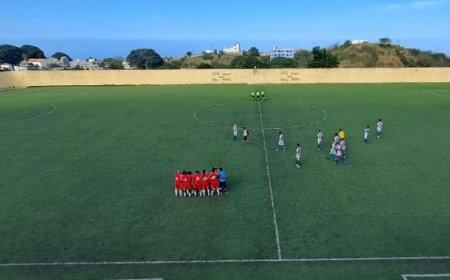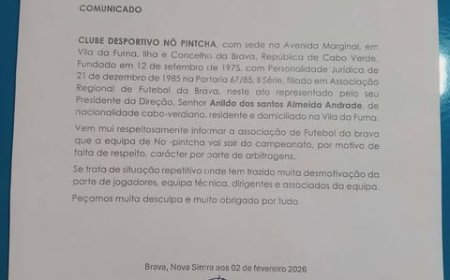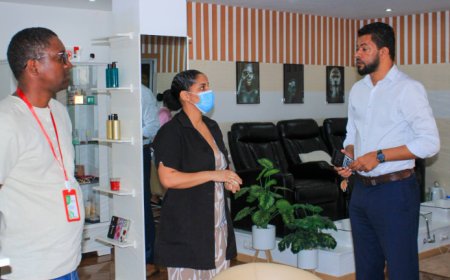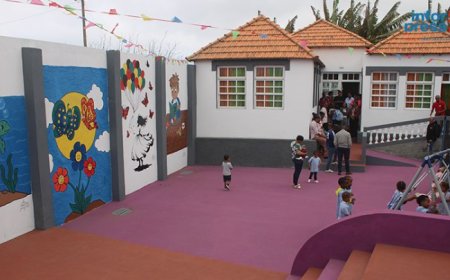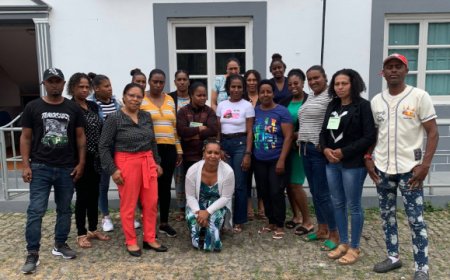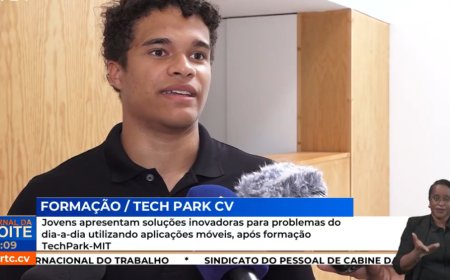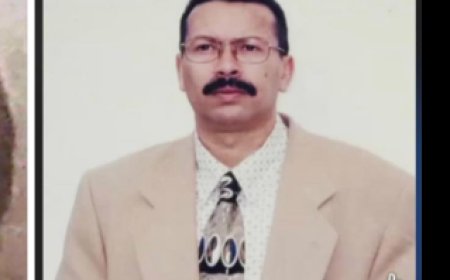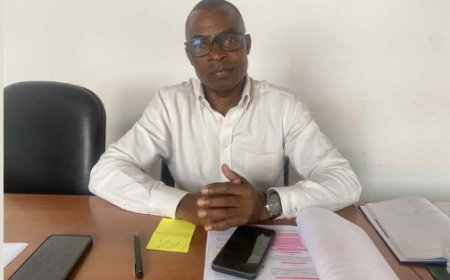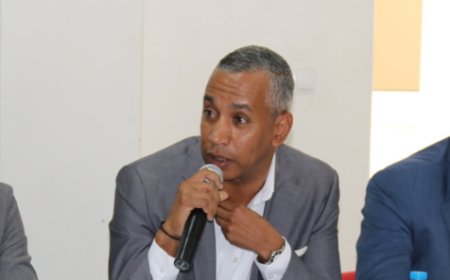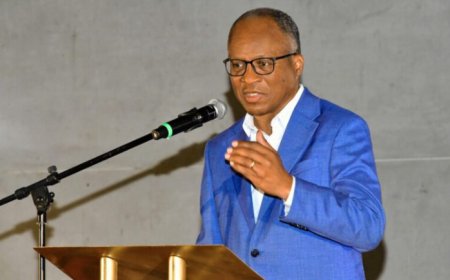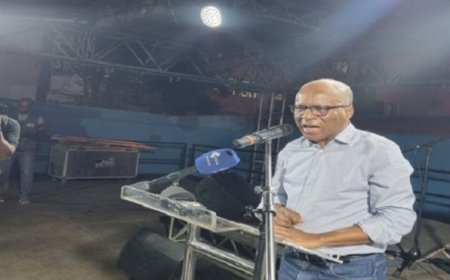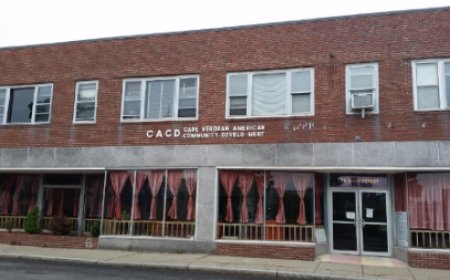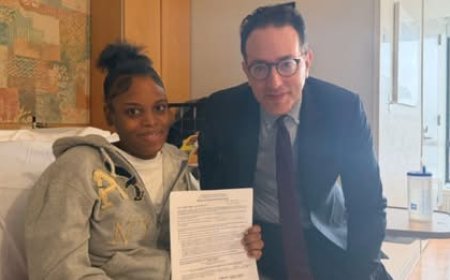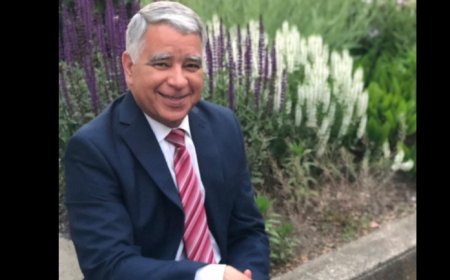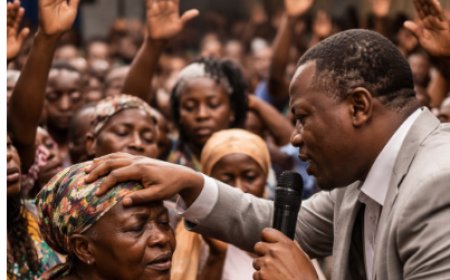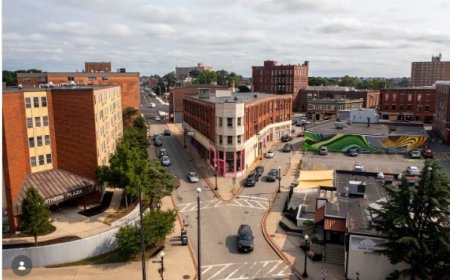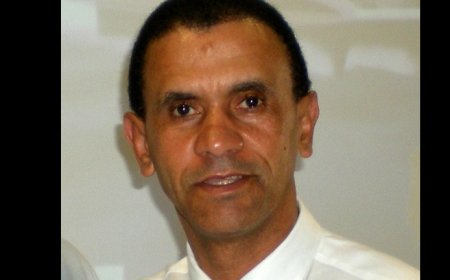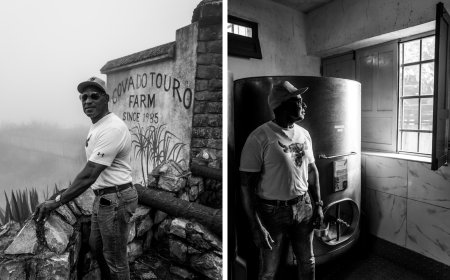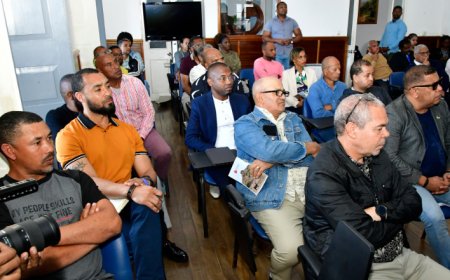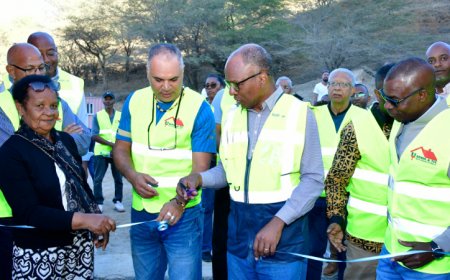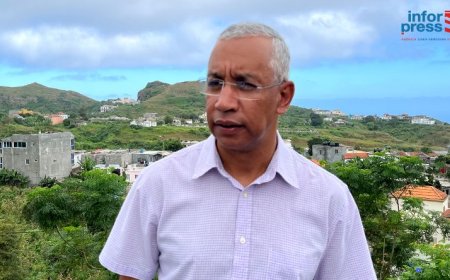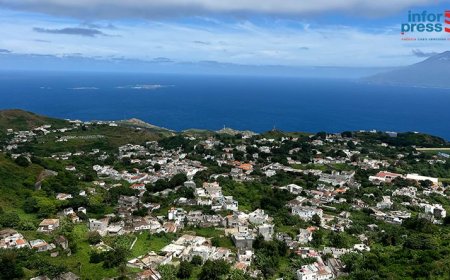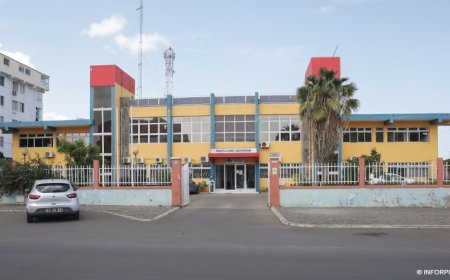Backward step or innovation? Former President Francisco Tavares harshly criticizes CM Brava's announced model for public hearings
Nova Sintra, October 3, 2025 (Bravanews) - The way in which the current Mayor of Brava (CMB), Amândio Brito, announced public hearings with residents is generating a wave of criticism, with his predecessor, Francisco Tavares, being the most notable and vehement of the critics. In a statement on social media, Tavares called the new approach - which includes holding hearings in the towns of Nova Sintra and Nossa Senhora do Monte - a "tremendous step backwards", questioning both the frequency and the scheduling logistics implemented by the new administration.
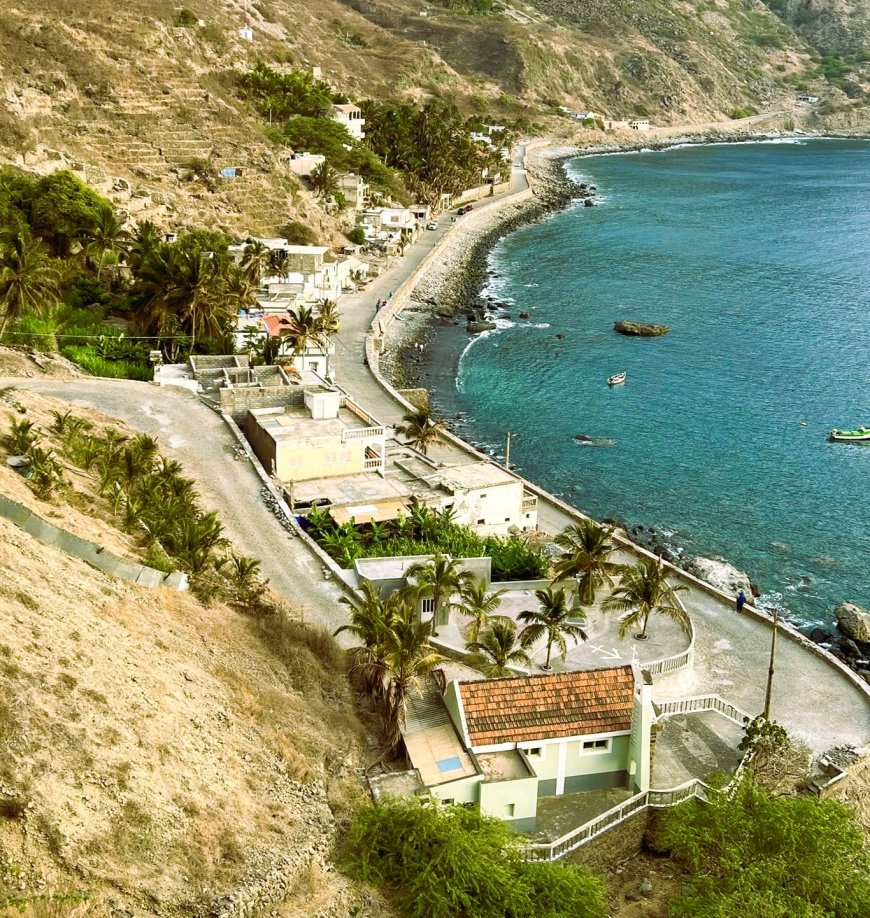
The controversy centers on the perception that the current practice devalues citizens' direct and continuous access to their highest representative. Francisco Tavares, who presided over the municipality, recalled the previous model, where mayors had "fixed days for weekly hearings" and showed flexibility by granting meetings "outside of the pre-defined hearing days".
For Tavares, the option of concentrating hearings at certain points and, apparently, less frequently, creates an unnecessary distance between the municipal government and the citizen. "In this way, it seems as if the mayor is doing the citizens a big favor by receiving them at hearings," said the former mayor.
This criticism strikes at the heart of the philosophy of local governance. According to Tavares, the willingness to listen to the population is not an act of benevolence, but an "obligation of any mayor towards the municipalities." The duty to listen, debate problems and receive proposals is inherent to the position, and any sign of restriction is seen as a failure in transparency and proximity.
In addition to the frequency and location, the logistics of scheduling hearings has also been heavily criticized. Francisco Tavares points the finger at the decision to centralize the scheduling of hearings at the One-Stop Shop instead of the traditional President's Office. He sees this change as "another step backwards."
While the One Stop Shop is, by nature, a place for centralizing services and making life easier for citizens, the former Mayor argues that, in this specific context, the measure bureaucratizes access to the Mayor. Traditionally, making an appointment through the Mayor's Office could be seen as a more direct and often faster and more informal channel, reflecting an open door for municipal leadership. By moving this process to the Counter, it is feared that screening and scheduling will become more distant from the Mayor's direct decision-making sphere, making the process more impersonal.
Francisco Tavares' opinion, assumed to be the "opinion of a citizen and former mayor", launches a fundamental debate on municipal management in Brava: what is the ideal balance between proximity to the elected and administrative efficiency?
While the criticized model may have the intention of taking the President to more localities (such as Nossa Senhora do Monte), bringing the municipality closer to rural areas, its perceived infrequency and the bureaucracy in scheduling seem to cancel out this positive effect, according to critics. The traditional model, focused on weekly and flexible audiences, is defended as guaranteeing that all residents, regardless of where they live, have easy and predictable access to the mayor's office.
MS








